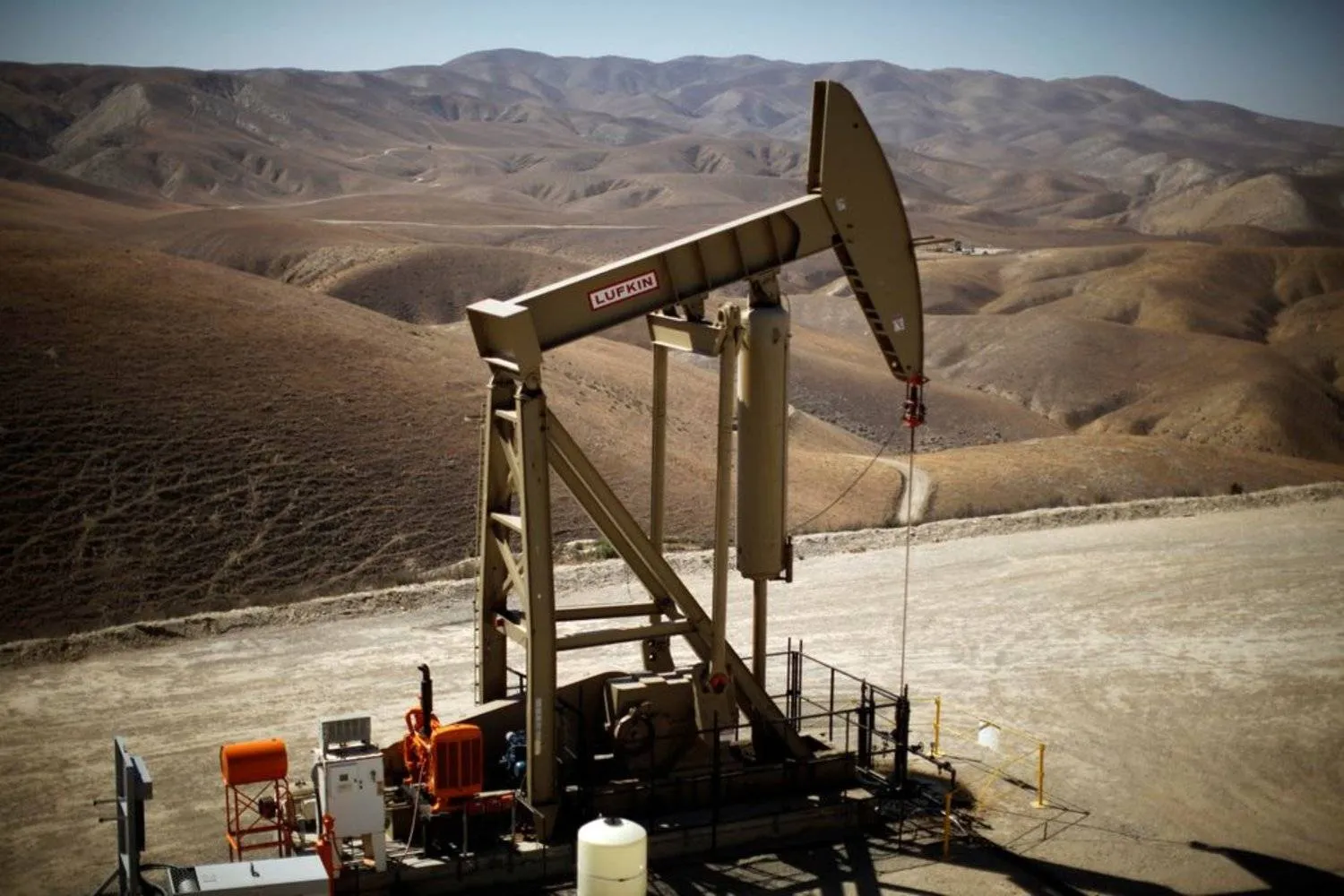The AlUla Conference for Emerging Market Economies concluded with a clear call for emerging nations to move beyond imitation and take ownership of their economic futures, as global uncertainty reshapes trade, finance and development models.
Speakers stressed that emerging markets now possess the confidence and capacity to set their own standards and compete globally on their own terms.
Conference discussions reflected a growing shift in mindset among emerging economies, which are increasingly positioning themselves as influential players in the global economy rather than peripheral participants.
A central theme was the expanding role of the private sector, which participants described not only as a partner in development but as a primary engine of sustainable growth.
Saudi Finance Minister Mohammed Al-Jadaan emphasized the need for decisive reform, regardless of political or economic difficulty. He rejected the notion of a “perfect time” for change, urging emerging economies to diagnose their own challenges and take responsibility for addressing them without waiting for external direction.
Speaking during the conference’s closing session on Monday, Al-Jadaan said postponing necessary reforms only increases their cost. He noted that successful structural transformation depends on bold leadership and an acceptance that meaningful economic reform inevitably requires difficult decisions.
Transparency, he said, remains central to Saudi Arabia’s Vision 2030, particularly in building trust with citizens, investors and international partners. Al-Jadaan revealed that more than 87 per cent of Vision 2030 initiatives have been completed or are on track, while 93 per cent of key performance indicators have been achieved or are progressing as planned.
He cited artificial intelligence as an example of adaptive policymaking, noting that while the technology was not initially a dominant focus, changing global conditions required adjustments to ensure Saudi Arabia captures its economic value.
In the same closing dialogue, International Monetary Fund Managing Director Kristalina Georgieva called on governments to shift from directly managing economies to enabling them. She said reducing state control over companies is essential to unlocking innovation and allowing the private sector to flourish.
Georgieva highlighted the mounting challenges facing emerging economies, including geopolitical tensions, demographic change and climate pressures, all of which have increased global uncertainty and made international cooperation indispensable.
Despite differing national circumstances, she said emerging economies share a common goal of building strong institutions and pursuing sound fiscal and monetary policies to enhance resilience.
She also underscored the role of international financial institutions in sharing best practices and supporting a more integrated global economy, concluding with a symbolic message: “One hand does not clap,” to emphasize the importance of partnership in achieving shared prosperity.
The second edition of the AlUla Conference for Emerging Market Economies was hosted in AlUla in partnership between Saudi Arabia’s Ministry of Finance and the International Monetary Fund, bringing together finance ministers, central bank governors, international financial leaders and experts from around the world at a time of heightened global economic uncertainty.









